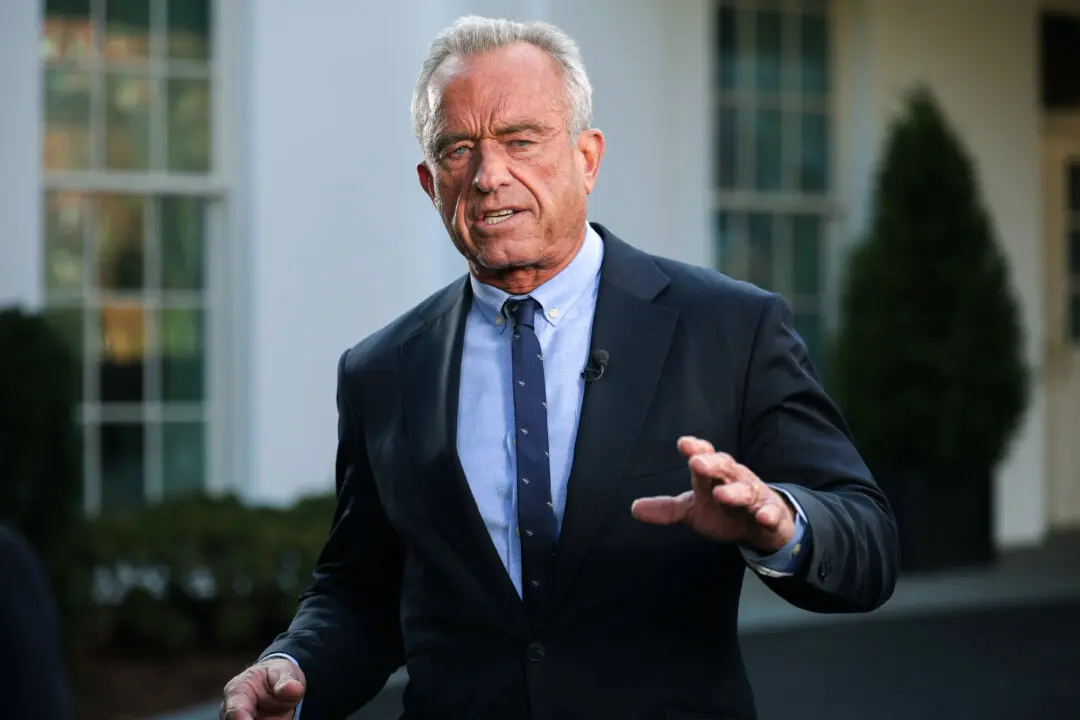Michigan’s Supreme Court ruled against Gov. Gretchen Whitmer a second time this month, immediately striking down all executive orders she issued during the COVID-19 pandemic.
The 4-3 ruling found the orders Whitmer issued under the Emergency Powers of Governor Act have “no continuing legal effect.”





